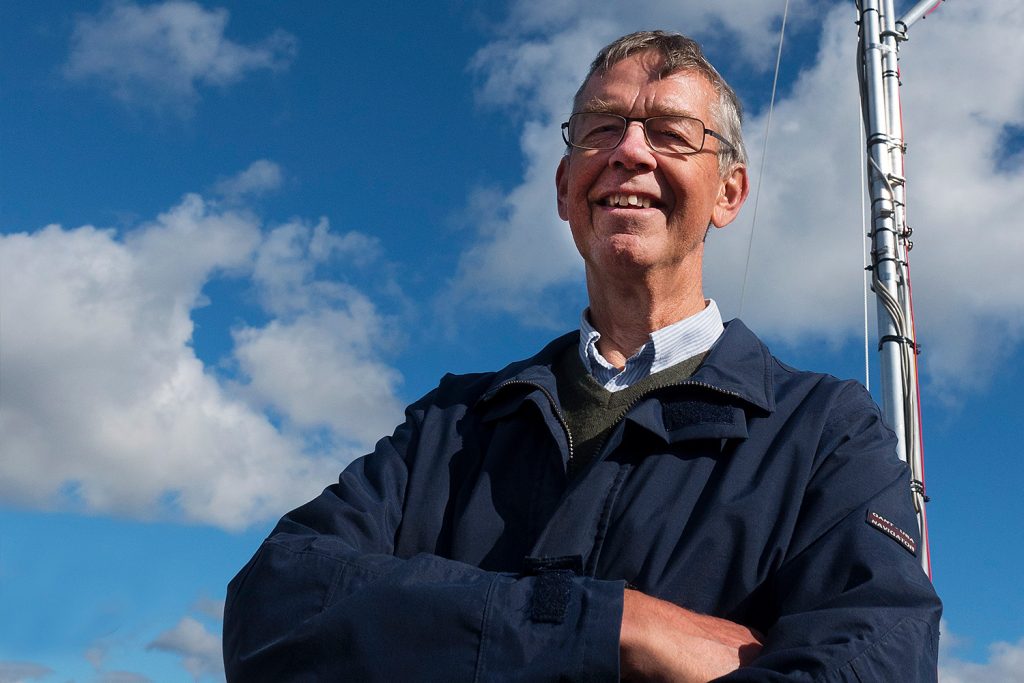Atmospheric detective receives Volvo Environment Prize award for 2015
Henning Rodhe, Professor of Chemical Meteorology at Stockholm University, Sweden, receives the Volvo Environment Prize 2015 for his contributions to the understanding of the world’s atmosphere. His pioneering work explains how gases and particles are transported and deposited and how they affect climate, ecosystems and human health.

Particles and other air pollutants are still a major threat to human health. The formation of so called atmospheric brown clouds is one of the research topics in which professor Henning Rodhe has been involved in recent years. Atmospheric brown clouds are a by-product of road traffic, slash-and-burn agriculture, coal fired power plants, and cooking on dung or wood fires. They are most pronounced in Asia, where they can dramatically reduce sunlight and influence regional climate. The particles in atmospheric brown clouds can penetrate the lungs and are estimated to kill some three million people a year, globally.
The acidification of lakes was caused by coal-fired power plants
When Henning Rodhe started his scientific work in the early 1970s there was little knowledge on how particles and gases were formed and transported in the atmosphere. In fact, when he and re- search colleagues suggested that acidification in lakes and forest soils in Norway and Sweden was caused in part by emissions from coal-fired power plants in Great Britain, they were met with disbelief and dismissed. But later, other scientists confirmed their results, policy and regulations were changed and emissions cut.
Henning Rodhe’s research can be described to some extent as detective work, combining data collection with scientific theories and fieldwork. He has demonstrated that long-range transpor- tation, as for mercury and radioactive fallout, is more widespread than previously believed. The atmosphere can carry particles a very long way, and the fallout and environmental problems can occur where not expected. The recent severe air pollution affecting regions in South East Asia, caused by slash-and-burn in Indonesia, is one example of that.
Henning Rodhe has worked in Europe, Asia and Africa, often becoming a mentor for young researchers in the developing world. He has been a lead author in reports from the IPCC (Inter- governmental Panel on Climate Change), was the director of the International Meteorological Institute in Stockholm for almost 20 years and has been visiting professor at several universities in the US.